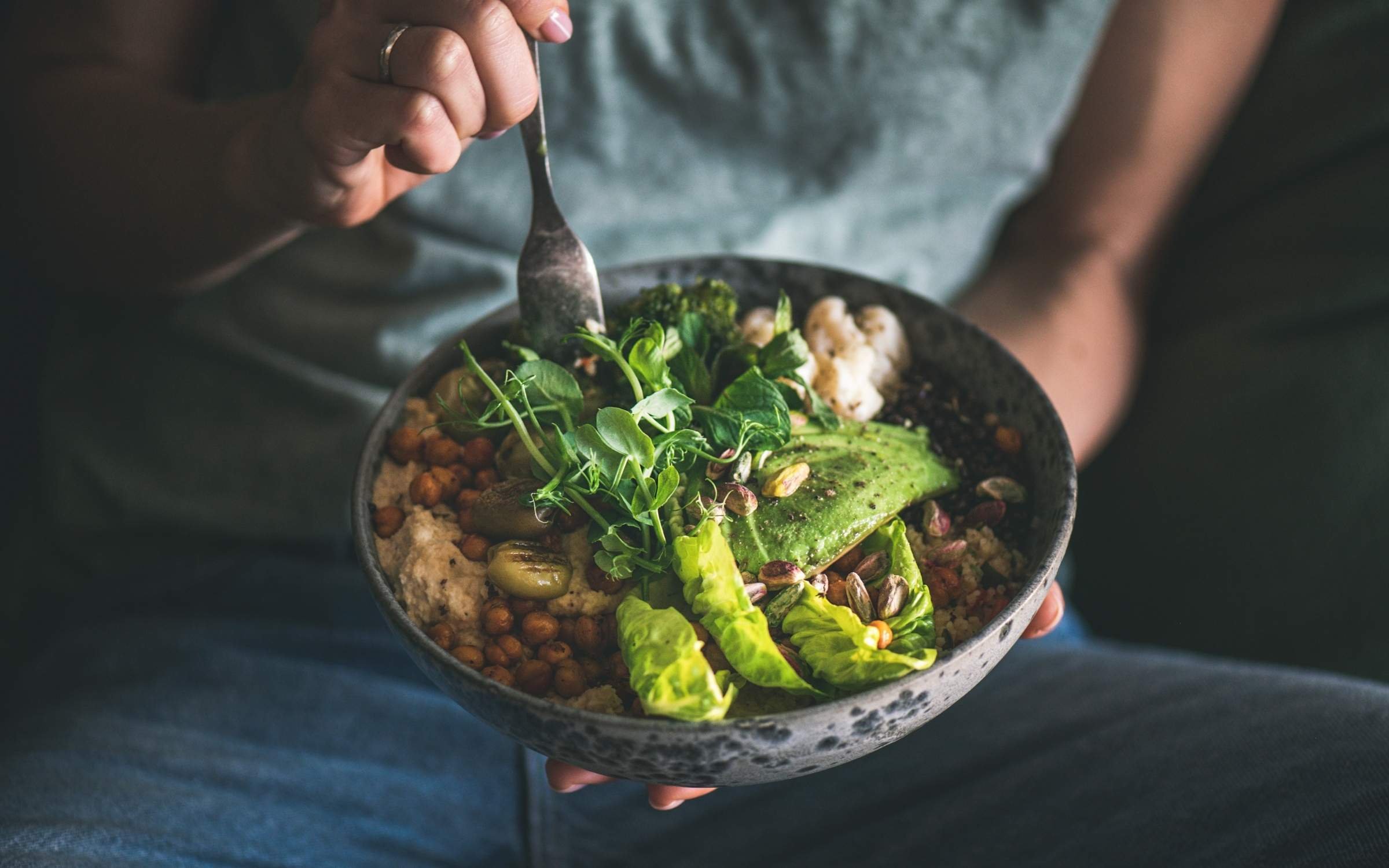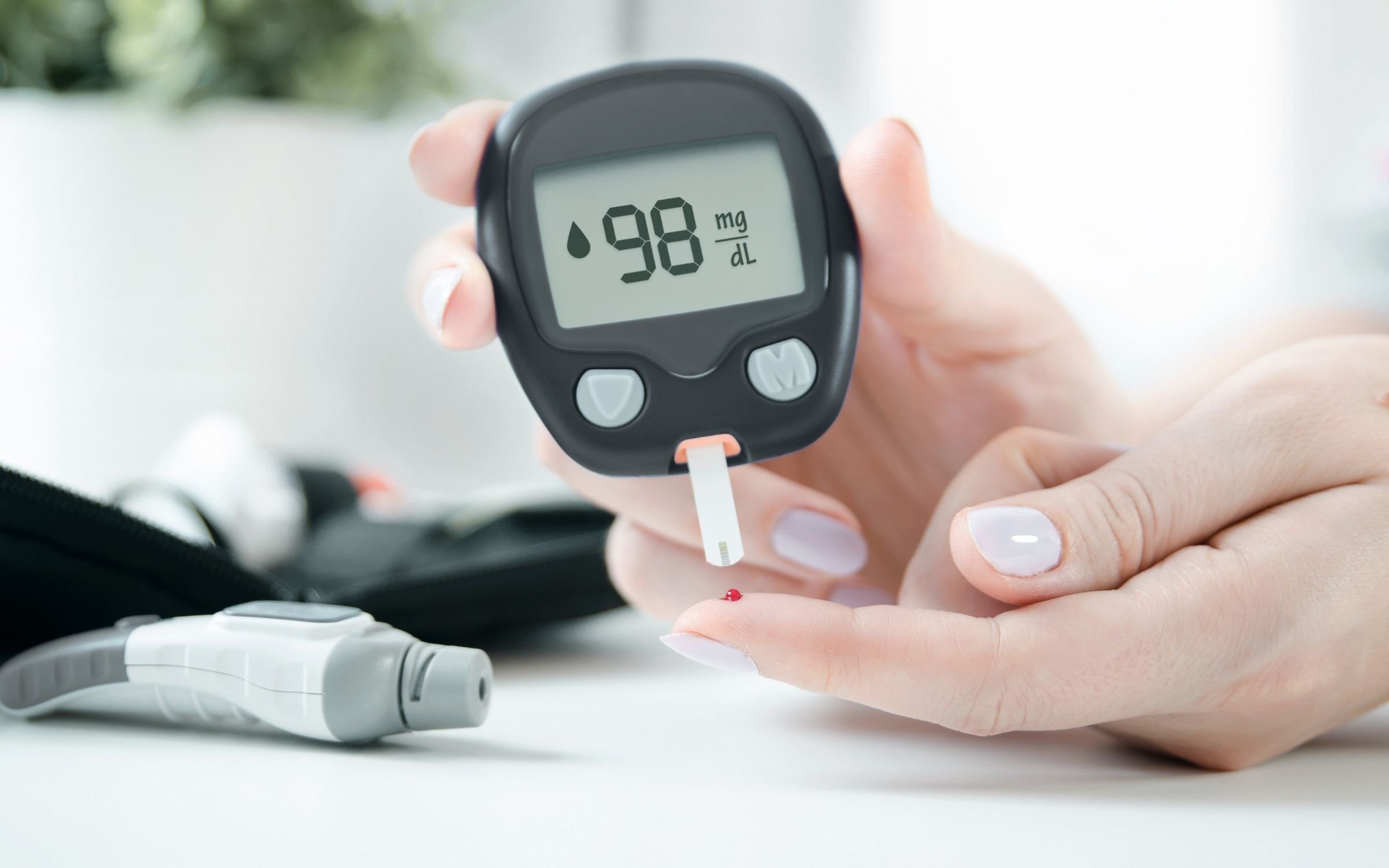10 Nutrition Tips for Improving Your Health, Backed by Science
Want to feel better, think clearer & have more energy?
Small changes in your nutrition can make a BIG difference — and they don’t have to be complicated. These 10 practical, science-backed tips are perfect for real life — whether you’re managing stress, balancing blood sugar, or just trying to eat better without overthinking it.
It’s not about perfection. Just try to eat better.
Why Nutrition Matters for Everyday Health
Nutrition affects EVERYTHING — your energy levels, mental clarity, immune system, and even your mood.
The good news? You don’t need a fancy meal plan or supplements to get started. The best “diet” is the one you can stick with, and these simple, research-supported habits can help you build a solid foundation.
This is for you if:
You’re tired of feeling sluggish.
You’ve tried every diet but nothing sticks.
You want to prevent or manage chronic issues (like diabetes).
Or you just want to feel GOOD in your body again.
Let’s dig in.
Top 10 Nutrition Tips for Improving Your Health
1. Eat More Whole Foods (and Fewer Ultra-Processed Ones)
Why it matters: Studies show diets high in ultra-processed foods are linked to obesity, heart disease & depression.
Try this: Add 1 fruit or veggie to each meal. It doesn’t have to be fancy — a banana with breakfast, a handful of spinach in pasta, or carrots with lunch counts.
2. Drink More Water (and Watch Sugary Drinks)
Why it matters: Even mild dehydration can cause headaches, fatigue & brain fog. Sugary drinks spike blood sugar and don’t keep you full.
Try this: Aim for 8–10 cups of water daily. Add a splash of lemon or cucumber if plain water is boring.
Drinking more water is a great way to be healthier. If you’re not a fan of plain water, you can jazz it up with citrus fruits, cucumber, berries, or fresh mint.
3. Prioritize Protein at Every Meal
Why it matters: Protein helps stabilize blood sugar, supports muscle health, and keeps you full longer. Most people don’t eat enough of it consistently.
Try this: Include a protein source like eggs, beans, Greek yogurt, or chicken in each meal. Aim for about 20–30g per meal.
4. Watch Your Blood Sugar Balance
Why it matters: Blood sugar swings cause energy crashes, cravings, and mood changes. Over time, they increase the risk of type 2 diabetes.
Try this: Pair carbs with protein or healthy fats (like apple + almond butter, or toast + eggs). Avoid eating sugar on an empty stomach.
5. Eat Mindfully, Not Perfectly
Why it matters: Mindful eating helps reduce overeating, emotional eating & guilt. Restriction usually backfires.
Try this: Slow down while eating. Notice your hunger cues. Eat without screens when you can.
Bonus Tips (Quick & Easy)
Add fiber with chia, flax, or beans.
Cook more at home (even 1–2 meals/week helps).
Include healthy fats like avocado & olive oil.
Limit alcohol — it disrupts sleep & blood sugar.
Don’t skip meals — it often leads to overeating later.
Sleep & Nutrition: Why They Work Together
Nutrition and sleep are deeply connected — each one affects the other, and when one is off, the other often suffers too.
Here’s how food affects your sleep:
Eating too late (especially heavy, high-fat meals) can make it harder to fall and stay asleep.
Caffeine and sugar — even earlier in the day — can interfere with deep sleep.
Low intake of key nutrients like magnesium, potassium, and B vitamins has been linked to poor sleep quality.
Alcohol might make you drowsy at first, but it disrupts REM sleep and causes more nighttime waking.
And here’s how poor sleep affects your eating:
Lack of sleep increases hunger hormones like ghrelin and decreases fullness hormones like leptin — making you feel hungrier.
You’re more likely to crave quick-energy foods (like sugar, fast food, and caffeine) after a bad night’s sleep.
Tired brains don’t make great food choices — decision fatigue is real.
What You Can Do:
Eat a balanced dinner with protein, fiber, and healthy fats.
Limit caffeine after 2 PM (even tea & chocolate count!).
Add sleep-supportive foods: bananas, oats, almonds, turkey, leafy greens.
Stop eating 2–3 hours before bed to give your body time to digest.
Try magnesium-rich snacks in the evening — like pumpkin seeds or dark chocolate (just a little!).
Magnesium-rich snacks in the evening can help you relax for a good night’s sleep.
FAQs
Frequently Asked Questions About Nutrition Tips to Improve Your Health.
-
Start by adding one whole food to your day — like fruit, veggies, or protein. Simple wins build momentum.
-
Nope! Total restriction usually leads to cravings. Focus on balance — enjoy sweets occasionally, not daily.
-
Yes — especially protein, fiber, and balanced meals. These habits support stable energy & better glucose control.
-
Not necessarily. Beans, frozen veggies, eggs & oats are affordable and nutrient-packed.
-
Some changes (like more energy or better digestion) can show up in days or weeks. Long-term benefits take consistency.
-
Whole foods come first. If you have gaps, talk to a provider — but you likely don’t need a cabinet full of pills.
Key Takeaways
Eating real, whole foods consistently supports better energy, sleep, and mood.
Hydration and protein are underrated game-changers for most people.
Nutrition isn’t about perfection — small, steady changes work best.
Blood sugar balance plays a key role in daily health & long-term disease prevention.
Science supports flexible, realistic habits — not restrictive diets.
About Haven Wellness Coach
Haven Wellness Coach offers real-life health coaching for people who are ready for change — but don’t want the pressure of perfection. Whether you're feeling stuck, stretched thin, or just need support you can trust — we’re here for you with simple, down-to-earth coaching that fits your real life. Get in touch!
Hi, I’m Priya — founder of Haven Wellness Coach. I help real people manage stress, build better habits & live well with diabetes.
No judgment. Just simple, supportive coaching that fits your real life.










